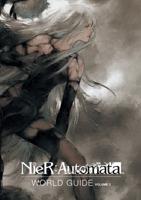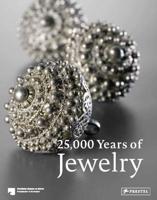Publisher's Synopsis
Excerpt from Tuscan Sculptors, Vol. 1 of 2: Their Lives, Works and Times
Mommsen thinks they came into Italy over the Rhaetian Alps, and were of the indo-germanic stock (history of Rome, Eng. Tr. Vol. I. Ch. Ix. P. 128; Micali, St. Degli Antichi Popoli Italiani, vol. I. P. They called themselves Raseni, the Greeks called them Tyrscni or Tirreni, and the Romans Tusci or Etrusei. Thucydides, Plutarch, and other Greek writers, call the Greek colonists in Italy, Pelasgi and Tyrrheni (winckelmann, Mon. Ined. Vol. I. Ch. Iii. P. Sir G. C. Lewis, in An Inquiry into the Credibility of the Early Roman History, at p. 297, sect. 6, vol. I., says upon this subject, 'all the elaborate researches of modern scholars respecting the primitive history of the Pelasgians, the Siceli, the Tyrrhenians, the Etruscans, the Aborigines, the Latins and other national races, must be considered as not less unreal than the speculations concerning judicial astrology, or the discovery of the philo sopher's stone and the elixir of life. Not only the results of the uncritical Italian historians, such as Micali, but those arrived at by the most learned and sagacious of the German inquirers, as Niebuhr and Ottfried Miiller, must be rejected when they relate to this unknown and undiscoverable period.' See Niebuhr's Lectures on the History of Rome, ed. By Dr. Schmitz, 3 vols., London 1852, for his views on the subject, vol. I. Pp. 57 - 66.
About the Publisher
Forgotten Books publishes hundreds of thousands of rare and classic books. Find more at www.forgottenbooks.com
This book is a reproduction of an important historical work. Forgotten Books uses state-of-the-art technology to digitally reconstruct the work, preserving the original format whilst repairing imperfections present in the aged copy. In rare cases, an imperfection in the original, such as a blemish or missing page, may be replicated in our edition. We do, however, repair the vast majority of imperfections successfully; any imperfections that remain are intentionally left to preserve the state of such historical works.










